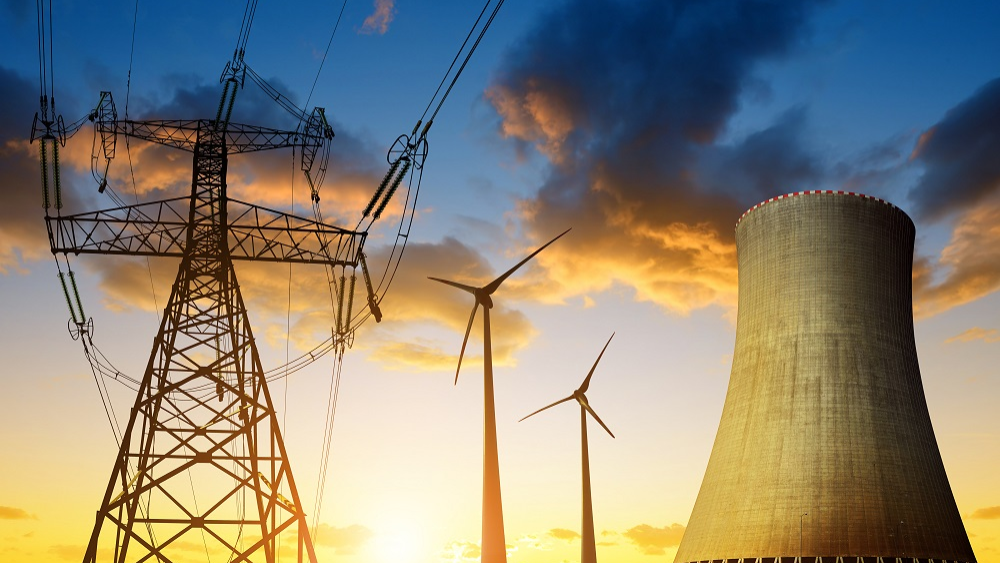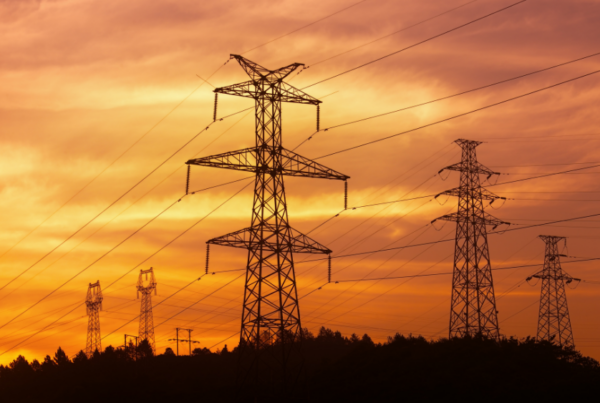
U.S. Election: Implications for Gas and Power Markets
Ahead of the U.S. presidential election on November 5, 2024, Aurora released a special report analyzing the potential impact on gas and power markets under the presidencies of Trump and Harris.
The next U.S. presidential election will take place on November 5, 2024. Kamala Harris (D) and Donald Trump (R), the two main candidates, hold contrasting views on energy policy, which can be seen in their campaign messaging. While specific federal policy details remain sparse, the actions of previous administrations provide insight into the likely direction of their future presidencies.
We present results from modelled scenarios exploring the likely implications of both a Trump and Harris presidency, along with sensitivities with more significant policy change. The Trump presidency scenario focuses on expected actions such as increasing tariffs on Chinese goods, greater support for operational coal plants, and reducing electric vehicle subsidies. In contrast, the Harris presidency scenario is centered on tightening LNG permitting regulations. Additionally, we explore sensitivities with greater climate ambition and the possible repeal of renewable tax credit support, highlighting a range of less probable but still possible outcomes.
This report explores these scenarios by analyzing natural gas prices and their impact on power markets, including price trends and capacity mixes across U.S. ISOs through 2040.
If you are an Aurora subscriber, you can view the full report on EOS. A redacted version of the report is also available to nonsubscribers below.
Contact Kyndal Mayes at kyndal.mayes@auroraer.com for more information.






